Movie Review: Sofia Coppola’s ‘On the Rocks’
The film does not add anything to its own conversation or genre, and falls flat once it’s about to end and must declare some sort of conclusion.
Incluvie Foundation Gala - Learn More


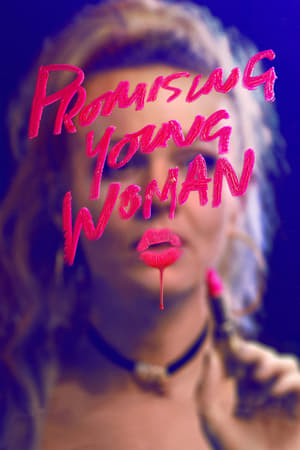


Two years ago, I got to see the film When Men Were Men at the Austin Film Festival, and it was such a cathartic and validating experience - one which I then got to revisit when I interviewed the filmmakers last year for Incluvie.
Because of this, I began to see AFF as an event that had the potential to provide a space for queer creators to share their stories and find an audience for their work. A place to cultivate queer kinship and celebrate the power and beauty found in queer storytelling.
And this year was no exception, as there were several instances throughout the festival that showcased the many ways in which the queer experience is a singular one, with so many diverse, awkward, wholesome, heart-wrenching and exciting stories just waiting to be told.
It doesn’t make sense to assume viewers will mimic what they see on a screen, no matter how impressionable they may be. But that’s not the only way violence on screen impacts audiences. From causing distress to desensitization, insensitive depictions of harsh realities and violence have a myriad of negative effects. As Lisa Damour surmises, just as with suicide or smoking, sexual assault should be of importance in the conversation on what’s considered safe for consumption by teenagers and adolescents. I’d like to go one step further and suggest that maybe sexual assault can be addressed in cinema without ever portraying it on screen at all. From a point of view of necessity in the depiction of post-traumatic stress disorder in survivors of rape or in those close to the victim, the rape scene barely contributes to the exposition. If anything, a poorly shot or distastefully made rape or sexual assault scene could just perpetuate harmful stigmas about openly addressing it, and even trigger viewers. So, at the center of this conversation lies the question “Who does a rape scene really serve?”
Now, I’m aware that dialogue isn’t always the best way of addressing something cinematically. I belong to the school of thought that prefers show over tell. But showing has its own limitations as it might, if not done with the utmost care, become an unwitting participant in what it attempts to critique. A great example of this is the film Blonde. It’s entirely possible that the creative team didn’t have the right intentions, to begin with, but I’m choosing not to be that cynical today. Whatever the intentions though, the film’s portrayals of Marilyn’s abuse and the innumerable transgressions against her are so unsympathetic that it seems complicit in the reduction of the woman into a commodity for speculation and worse, scopophilia. She’s inexplicably topless in a lot of scenes, and her abuse is filmed in such a way, it’s titillating and almost pornographic. So, it contributes to her abuse in a way.
When it comes to cult classics, the horror genre has always had an overwhelming number of B-movies. Horror B-movies refer to the low-budget feature films as compared to major feature films. One might call them “low-grade” cinema as opposed to the more artistic endeavours, but I’d refrain from saying that. The horror B-movie is a source of unbridled entertainment and for the fans of spooky business, it’s the perfect way to round out Halloween night or any night in which they’re in the mood for horror. Usually characterized by a somewhat loose storyline, sometimes some quite silly characters, a little over-the-top acting and a bunch of practical effects, horror B-movies used to rule the world of horror during the ’70s and ’80s with franchises like Friday the 13, Slumber Party Massacre and Halloween.
But since the late '90s, with big-budget horror films like End of Days and Hollow Man, the focus has shifted from the horror B-movie. We now have major horror features like It and Midsommar and every year, there are almost ceremonial releases from the studio A24 which gave us The Witch and Hereditary. This year itself, Ti West's X and Jordan Peele’s Nope came out, which are far from being horror B-movies. But that being said, it’s only the focus that has shifted because we still have horror B-movies being made. If you enjoy the bizarre, less refined and entertaining world of the horror B-movies and want a break from the nuanced and poignant big-budget horror releases, I have a list of gore-fests from the last ten years to enjoy this October. Here are fifteen films for the fifteen days that remain till the auspicious date of Halloween!
The biggest subcategory of horror B-movies by percentage is the slasher film. Almost overdone violence and heavy reliance on practical effects as opposed to CGI characterize the slasher. And of course, the heavily criticized but also equally loved trope of the final girl is a slasher staple. Some of the most gruesome on-screen deaths have been courtesy of the slasher horror B-movie and I’m here to offer you some more horrible killings. If gore makes you queasy, you may consider skipping this segment.
From the same Netflix adaptation gravy train that brought us Riverdale and The Chilling Adventures of Sabrina, comes Brand New Cherry Flavor: a drama series based on the novel by Todd Grimson. If you were to stand all of these titles together in a lineup, I wouldn’t be able to identify the worst offender for half-baked expositions and shallow protagonists. Unfortunately, this is not a stand-out in its genre.
Brand New Cherry Flavor has been praised for its “uniqueness” among viewers and critics — I find this particular accolade a hard pill to swallow, as I can’t help but notice this exact formula pop up again and again in recent years, specifically within series aimed at teen to young adult audiences. The most unnerving aspect of these recurring themes? A desensitization to abuse, violence and revenge. (Trigger warning for these topics as well as spoilers ahead)
Lisa Nova (Rosa Salazar) heads to Hollywood to option the rights to her short film after being discovered by big-time producer, and obvious sleazeball, Lou Burke (Eric Lange). After their deal goes sour, she seeks revenge with the help of your local eccentric 900-year-old witch Boro (Catherine Keener). Connecting to the spirit world to accomplish her goals proves to be a huge misstep as the lives of everyone around her begin to go up in flames (there’s a pun hidden here) in untimely and grotesque ways.
From Kill Bill to Promising Young Woman, I can appreciate a well-done revenge flick with a strong female lead. Brand New Cherry Flavor tries to assert itself among the ranks of those instant classics with eerie supernatural elements and a complex cast of characters but under-delivers on every spectacle it attempts to execute. You can see its strain to be a timely commentary, but it ultimately becomes nothing more than an uninteresting, unhelpful contribution to the “Me Too” conversation by using abuse as nothing more than an inciting incident. The nature of the scene that contains Lou physically assaulting Lisa was incorporated into the episode in a thoughtless and jarring way. The intimate and excessive type of violence that is shown was not treated with appropriate care but rather tossed into a climactic moment in a ruthless, quick and dirty sort of manner. This does very little to serve the emotional impact of the harm being done, as well as degrades the issues of violence against women, violence in the workplace and just how hard it may be for viewers to absorb this sloppy and nonchalant use of brutality, especially in conjunction with Lou’s unwanted sexual advances towards his young protégé. The cherry on top of this blunder? The two characters’ interaction throughout the rest of the season is nothing more or less than casually cold as Lisa tries to exact her revenge. Their passive relationship is unsettling. Later in the season, their relationship evolves to a sympathetic one. Empathy and pity can be useful tools that lend humanity to a story. Here, they are grossly misused.
TW: Transphobia, Sexual Assualt, Violence, Misogyny // Spoilers for Sleepaway Camp ahead
We [meaning mainly the girls, the gays, and the theys] all love a good revenge film — Jennifer’s Body, Ms. 45, Carrie, and the new addition to the canon: Promising Young Woman. All the films feature a woman who enacts her own version of justice against those who are not being punished for a heinous crime — normally upholders of oppression like sexual assaulters. Though violent, sometimes exploitative, and not usually having a happy ending for the femme protagonists, at the center of these stories are questions about how justice truly functions in our society. As we’ve seen post #metoo, industries have slowed in making progress and even the so-called damaging “cancel culture” has not removed most abusers from their platforms. In this subgenre, fantasy and catharsis intertwine as one where we can escape to an alternate reality where the oppressed play karma in making those who killed our soul suffer in response. Though it does not fix the structural roots and usually punishes the women in the finale, the everlasting images are an escapist fantasy where related audience can feel sublime satisfaction that only comes with pure vengeance. That’s why we [see previous] love them.
For anyone who is not a cis white woman, a justice-fueled murderous rampage is not framed as liberation. Instead, they contribute to harsh stereotypes that vilify minority women with dangerous consequences. Particularly, trans women have been coded as serial killers for decades — especially since, possibly the most famous horror film ever, Psycho. The trope has expanded since then where explicitly or implicitly coded trans serial killers have made up some of the most well-known villains in horror and cinema history: including Leatherface, Bobbi, and, worst of all, Buffalo Bill. The most explicit — and “coincidentally” the most egregious, in my opinion — is the 1983 B-movie Sleepaway Camp. The protagonist is revealed to be trans, forced into being a girl by the eccentric aunt she is sent to live with after a freak boating accident kills both her sister and father. She goes on a killing rampage murdering all the bullies who torment and do her wrong during her time there. When Carrie did this to her classmates, there was a certain sympathetic tone to her atrocities. There’s even a clear case of justification for her murderous escapade. She, however, has never been referred to as a serial killer in cinematic discourse but more as something closer to a misunderstood superhero. For trans women in media, their perception and representation are completely different with grave consequences. Historically, when they have been shown in mainstream media, there is an association of fear, intense violence against women, and an issue of severe psychological trauma on part of the trans character. Cis white women from Carrie to Cassie are given the guise of innocence and retaliation while trans women are stereotyped into monstrous creatures more often than not.
This review will contain MAJOR spoilers. Content is highly triggering. TW/CW for rape, drug usage, sexual harrassment, death. You can view full movie warnings here.
“I said, ‘what are you doing?’”
The delivery of this line during one of the first scenes of the film immediately set the overarching tone for this thriller/dark comedy. However, for women- and probably men, too- there wasn’t much to laugh about in director Emerald Fennell’s Promising Young Woman, the unique adaptation a commentary on rape culture and the #metoo movement. For women, many lines in this film are the same rhetoric we’ve grown accustomed to hearing from men our whole lives; for men, the only slightly exaggerated conversations and mentality of the several awful men in the movie might potentially be a wake-up call. The (at times) kitschy dialogue does its job, immediately, very intentionally, playing upon womens’ discomfort, fear, and anger to put them in the main character’s frame of mind. Does this movie make you uncomfortable? Good. It was supposed to.

A young woman, traumatized by a tragic event in her past, seeks out vengeance against those who crossed her path.
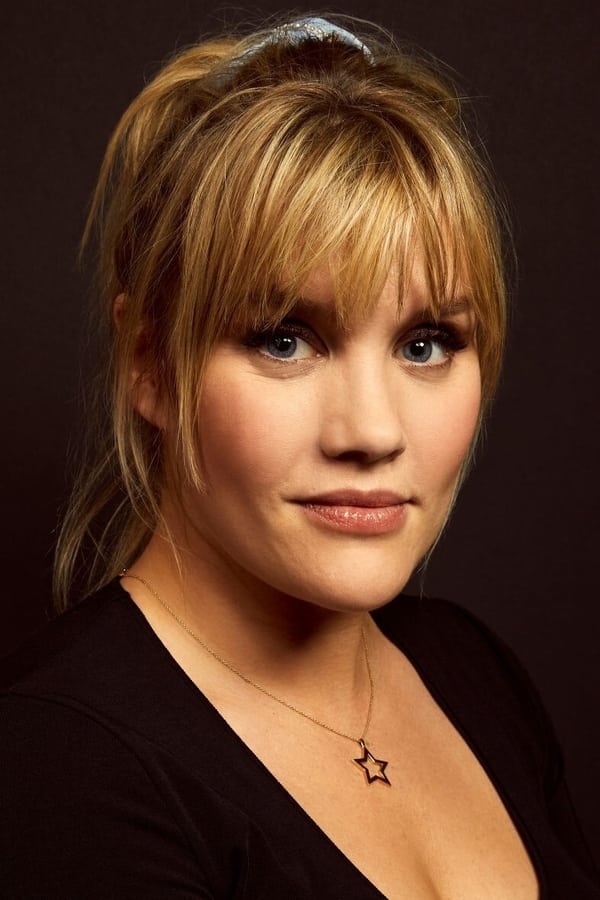
Emerald Fennell
Director

Emerald Fennell
Director
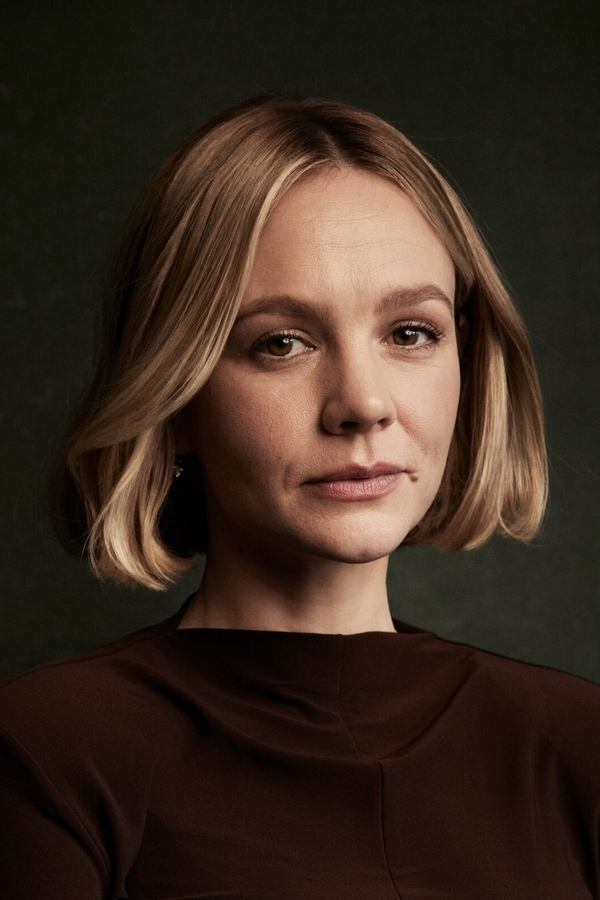
Carey Mulligan
Cassandra

Bo Burnham
Ryan

Alison Brie
Madison

Clancy Brown
Stanley
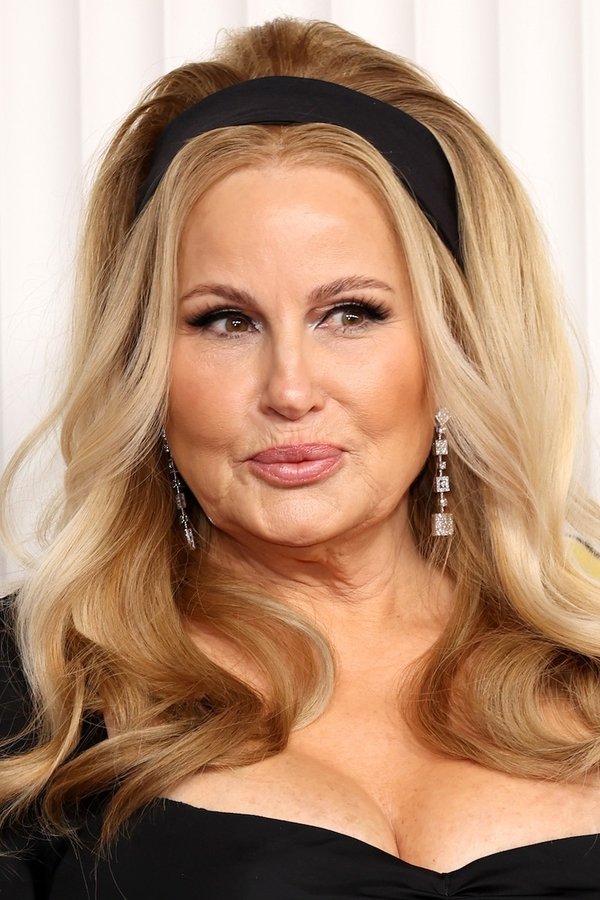
Jennifer Coolidge
Susan
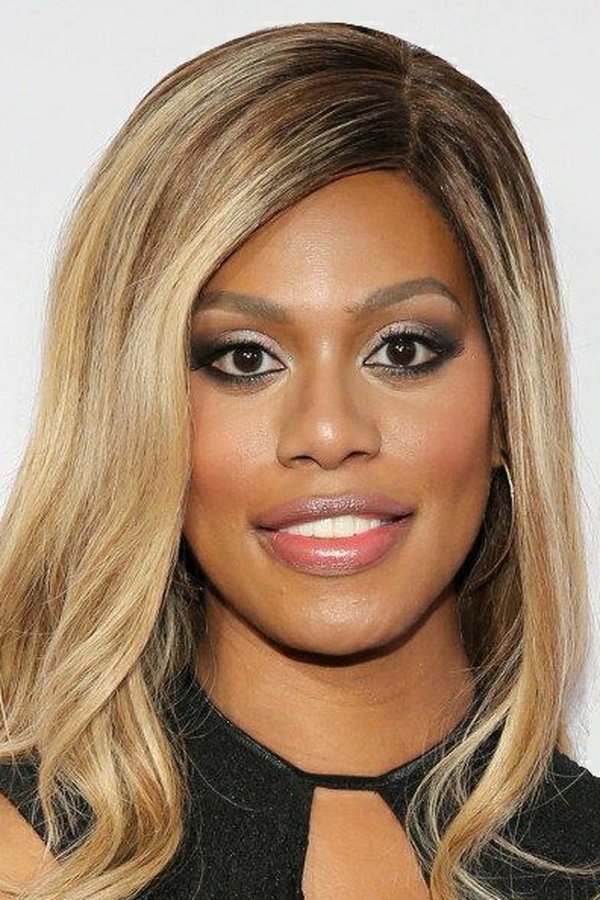
Laverne Cox
Gail

Christopher Lowell
Al Monroe
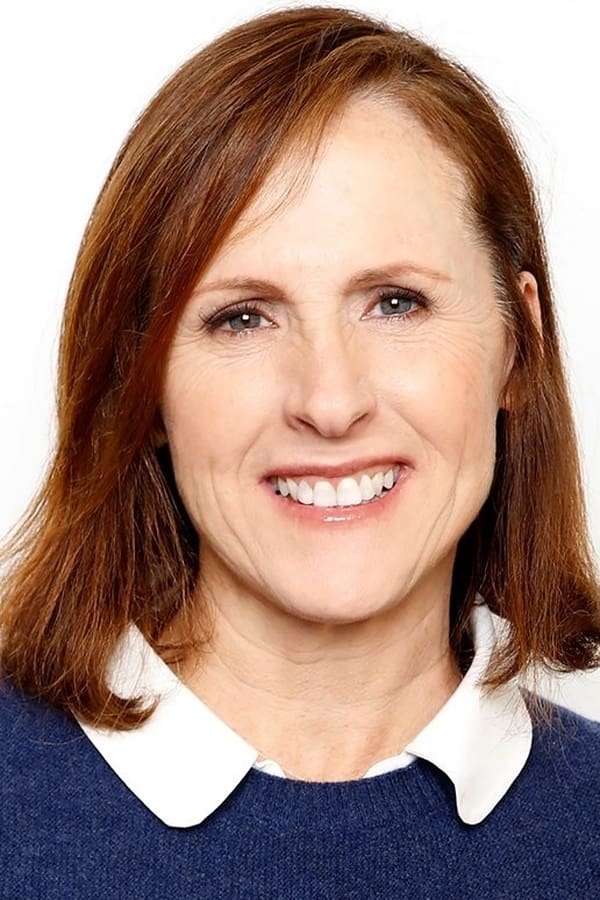
Molly Shannon
Mrs. Fisher
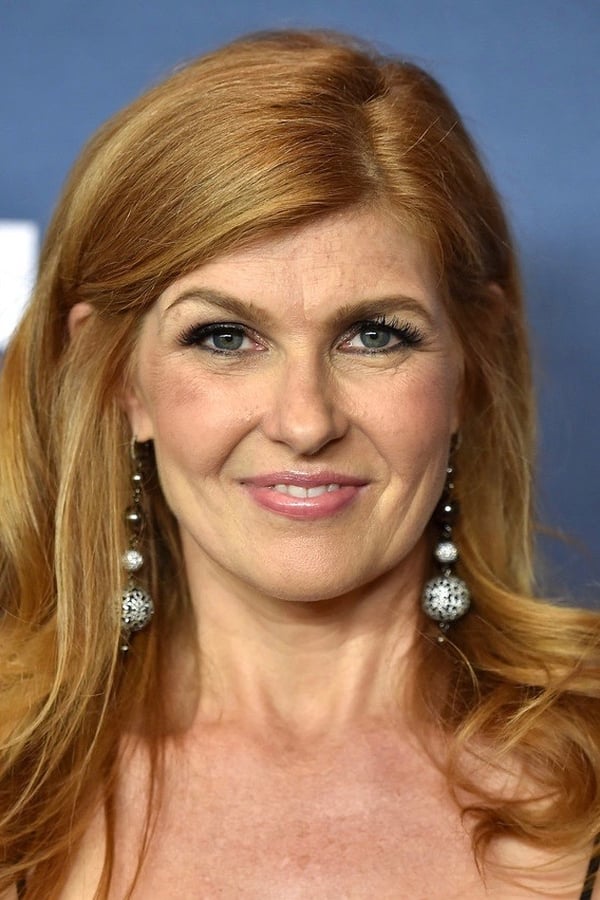
Connie Britton
Dean Walker

Adam Brody
Jerry
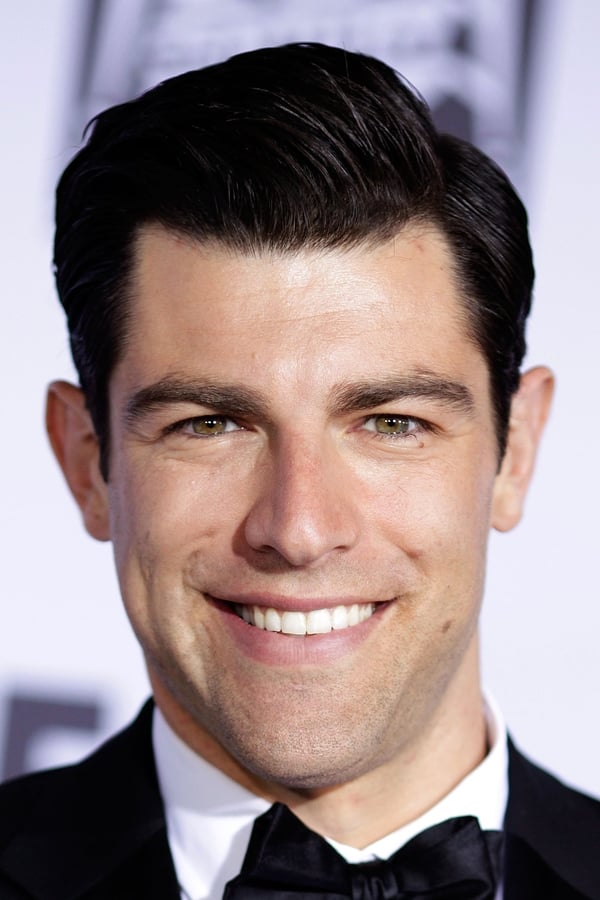
Max Greenfield
Joe
The film does not add anything to its own conversation or genre, and falls flat once it’s about to end and must declare some sort of conclusion.
Initially feeling like a passionate group having a bit of harmless fun with filmmaking, it leads to something sinister enough to leave a mark.
"Beef" is a new dark comedy with a near entire Asian-American cast